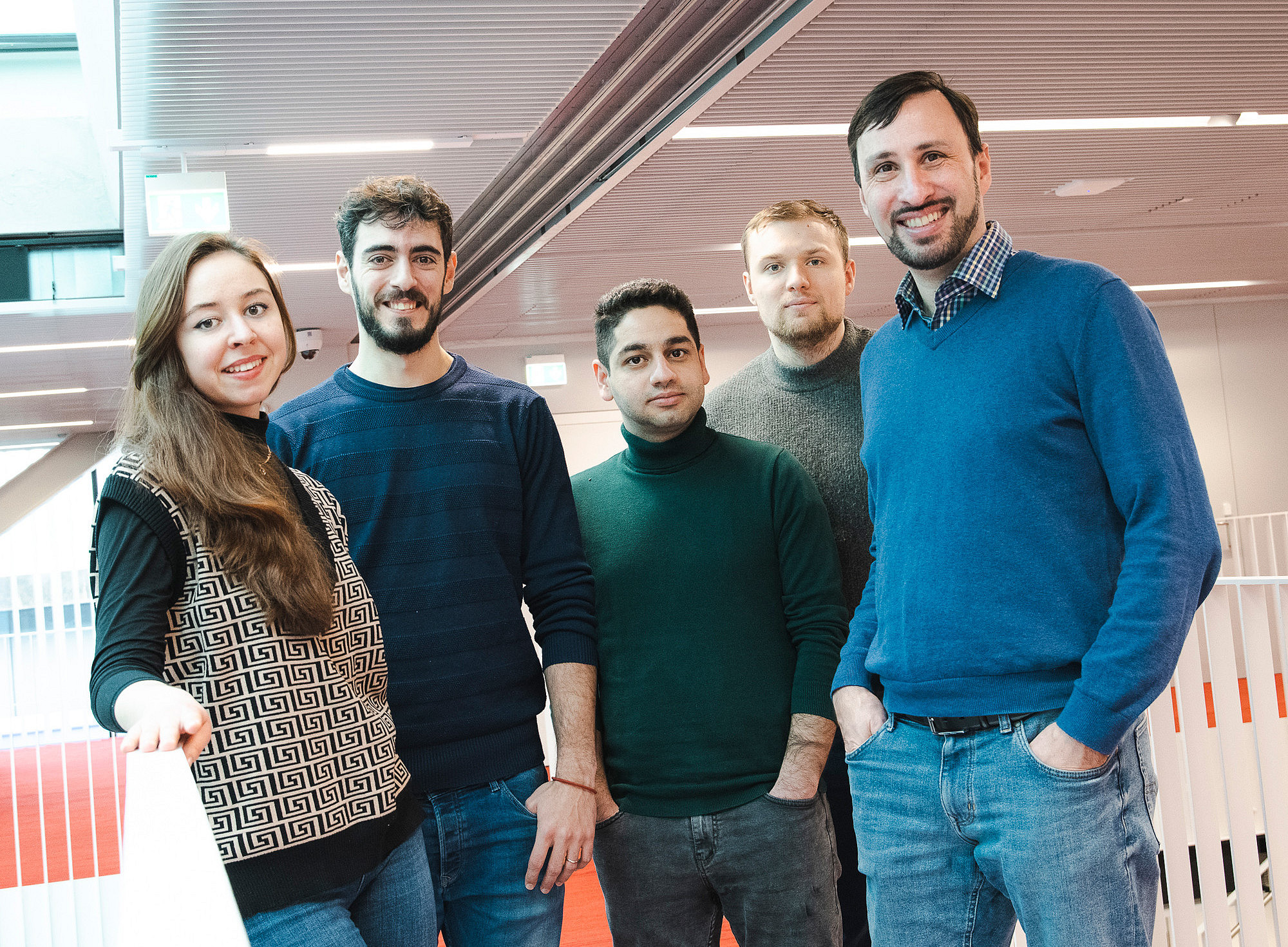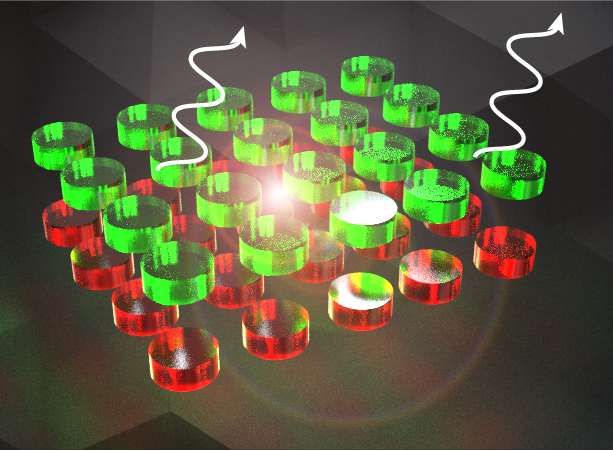Thomas Weiss and his team at the Department of Physics at the University of Graz are investigating electromagnetic resonances in nanostructures, thinner than a human hair. They design these nanostructures to exhibit resonantly enhanced optical signals, for instance, when exciting the system with a laser near their resonance frequencies. This resonant amplification can be used in a variety of applications.
"In the case of optical sensors, light is trapped in the nanostructures for a short period of time before it is emitted by the electromagnetic resonances. In doing so, it provides information about the environment of the structures. This makes it possible to detect molecules, gases or liquids, for example in biomedicine or chemistry," explains Thomas Weiss.
Combined advantages
In their current work, the researchers describe the conditions under which a structure can be designed to support a novel type of resonance. "This is both highly sensitive to the environment and easy to detect because it decays only slowly. A combination of advantages that was previously not possible. We call this new class of resonances an 'EP-BIC'," says Adrià Canós Valero, first author of the study.
The physicists from Graz merged two already known classes of resonances – so-called exceptional points (EPs) and bound states in the continuum (BICs) – each having a serious disadvantage: EPs are particularly sensitive to small changes, which makes their signal extremely sensitive to the environment, but they decay very quickly. This makes it difficult to detect their signal. BICs have the opposite problem. They decay slowly and are therefore easy to detect but are not as sensitive to small environmental changes as EPs. Therefore, they cannot be used to efficiently detect small amounts of substances, such as molecules.
"In our work, we have found a solution to this problem," says Canós Valero. "The structure we describe supports a resonance that is both an EP and a BIC and combines the advantages of both." The physicists expect that their research results will have a strong impact on the development of advanced sensors.
Publication
Exceptional Bound States in the Continuum
Physical Review Letters 134, 103802 – Published 14 March, 2025
DOI: https://doi.org/10.1103/PhysRevLett.134.103802


